Cheese for pancreatitis: is it possible to eat and how does the product affect health?
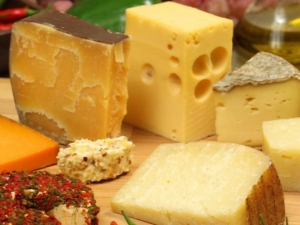
Today, every third person suffers from diseases of the pancreas. The most common pathology is pancreatitis, which becomes a chronic disease and periodically worsens. In order to avoid unpleasant exacerbations, everyone knows that you need to limit yourself in nutrition. Many lovers of cheese products are wondering if it is possible to eat cheese with this disease. Let's try to understand this issue.
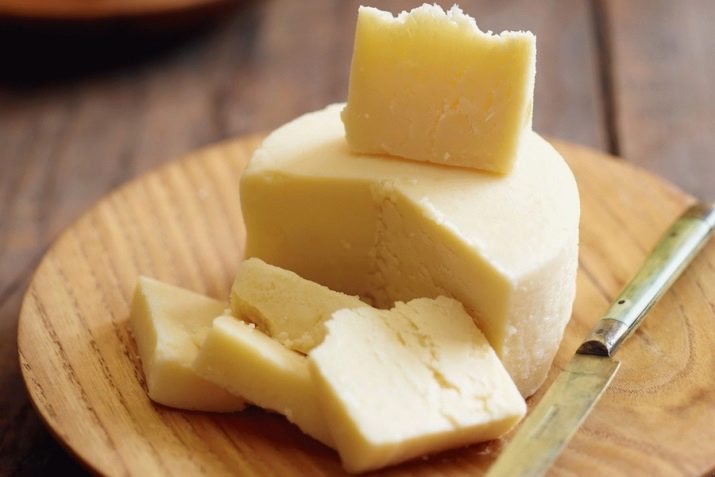
What is pancreatitis?
Pancreatitis is an inflammatory disease of the pancreas that can be acute or chronic.
The reasons why this disease can develop are various, ranging from malnutrition to unhealthy lifestyles and heredity. Alcohol and fatty foods are enemy #1 for the pancreas. This important and delicate organ produces substances such as insulin, amylase, lipase and other enzymes that are involved in the regulation of blood glucose levels, as well as in the process of digesting food. This organ cannot be replaced and it is also impossible to live without it.
With pancreatitis, an inflammatory process is triggered and the pancreas, producing its juices, toxically affects its own cells. In order to avoid the occurrence of this pathological process, it is necessary to regulate the level of consumption of fatty, fried, too salty and smoked foods, as well as to minimize or completely eliminate alcohol intake and smoking.
People who once had acute pancreatitis are not completely cured of this disease. Usually they have a chronic process. In order to avoid exacerbation, you should follow a diet.
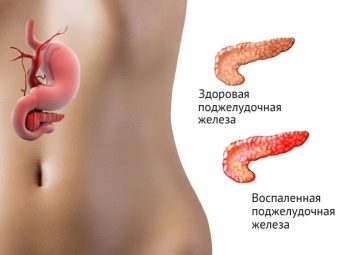

What is cheese and how is it useful?
Despite the chronic illness, cheese lovers do not want to limit themselves in their consumption. And indeed, there are many types of cheese products, is it really not one of the types among such a huge variety that can be used for pancreatitis?
The most popular cheeses on the market.
- Smoked sausage — is produced by a technical method with the addition of flavors, spices, preservatives, dyes and a large amount of salts.
- Tofu contains a large amount of proteins, essential amino acids, calcium. Refers to low-fat varieties.
- processed cheese is a product of fast production and long storage. To maintain the shelf life, it contains food-grade formaldehyde, preservatives and flavorings.
- ricotta is a dietary cheese product that contains few fatty bases and also has a low calorie content.
- Gaudette - a spicy cheese that is easily digestible. It contains a lot of calcium and little fat.
- Chechel is a pickled, fibrous cheese that is usually sold smoked.
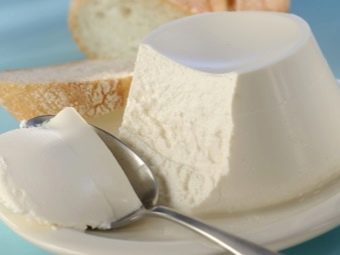
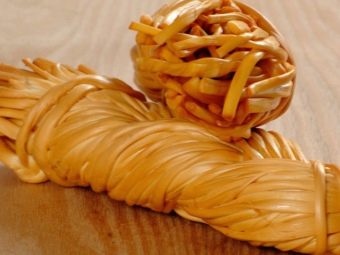
- Suluguni - This is a pickled Georgian cheese, containing in its composition a large amount of vitamins and minerals, as well as bifidobacteria.
- Feta It is a cheese made from sheep's milk. It has a delicate texture and soft texture. It contains lactobacilli and minerals useful for the intestinal microflora.
- Adyghe cheese is a dietary species that contains a large amount of amino acids and fat-soluble and water-soluble vitamins. Favorably affects the digestive tract.
- homemade cheese - this product can be both fatty and low-calorie; both salty and prepared without the use of salt. It all depends on the manufacturer. As a rule, homemade cheese is made from full-fat cow's milk, which is rich in vitamins, proteins, lipids and contains a large amount of minerals.
- Parmesan - This is a piquant type of cheese that ripens for a long time, while not losing the beneficial properties of milk.
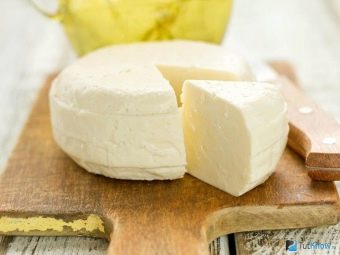
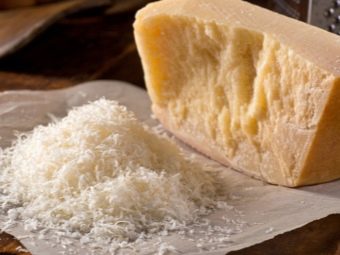
Of course, this dairy product has many beneficial properties for the body:
- increases the immune capacity of the body;
- antibacterial effect;
- anti-inflammatory action;
- replenishes the supply of components such as zinc, phosphorus, magnesium;
- fights insomnia;
- improves the production of secrets of the gastrointestinal tract;
- increases hemoglobin;
- prevention of bone fractures;
- replenishes energy losses of the body;
- enriches the body with vitamins;
- increases the content of calcium in the blood;
- enhances lactation in breastfeeding women.
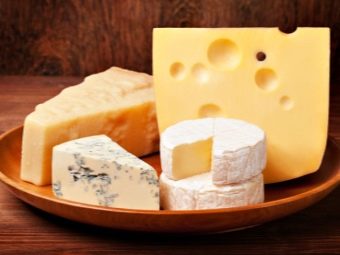

Is it possible to eat cheese with pancreatitis?
Cheese is a sour-milk, healthy product that contains a large amount of vitamins and minerals. But with pancreatitis, it is strictly forbidden to eat fatty and smoked varieties of this product. The fat contained in cheese has a negative effect on the cells of the pancreas, as a result of which a large amount of pancreatic and bile secretion is released.
If you are a cheese gourmet and suffer from this ailment, then you can use low-fat varieties that will not only deliver taste pleasure, but also have a beneficial effect on the body, enriching it with useful components.
Low-fat cheeses include:
- tofu;
- ricotta;
- Mozzarella;
- feta;
- suluguni;
- oltermani;
- Gaudette;
- Parmesan;
- blue cheese.
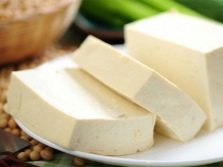
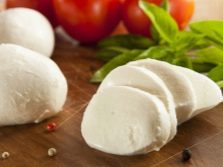
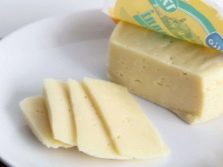
Nutritionists advise: before you buy cheese, you need to read the composition. Attention should be paid to preservatives, the amount of fat and the presence of flavors. The expiration date is also important, as a fresher product contains lactic acid bacteria, which benefit the body's immune system and restore the intestinal microflora. And to eat such a delicacy is better dosed, from about 15 to 100 grams per day. But remember, there is one important contraindication for the consumption of cheese with pancreatitis - this is a period of exacerbation of the disease. It is at this time that you should follow a special diet and protect yourself from cheese consumption for a while, at least until remission occurs.
Cheese, like any other product, can bring both benefit and harm to the body. Remember that sometimes it is better to give up something even very tasty in favor of maintaining health.
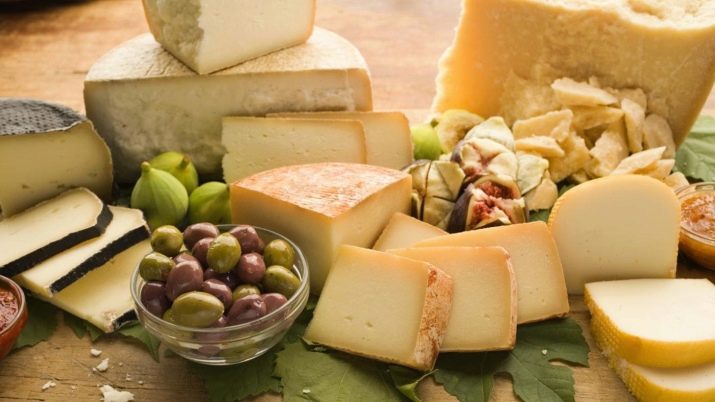
For information on whether it is possible to eat cheese with pancreatitis, see the following video.

















